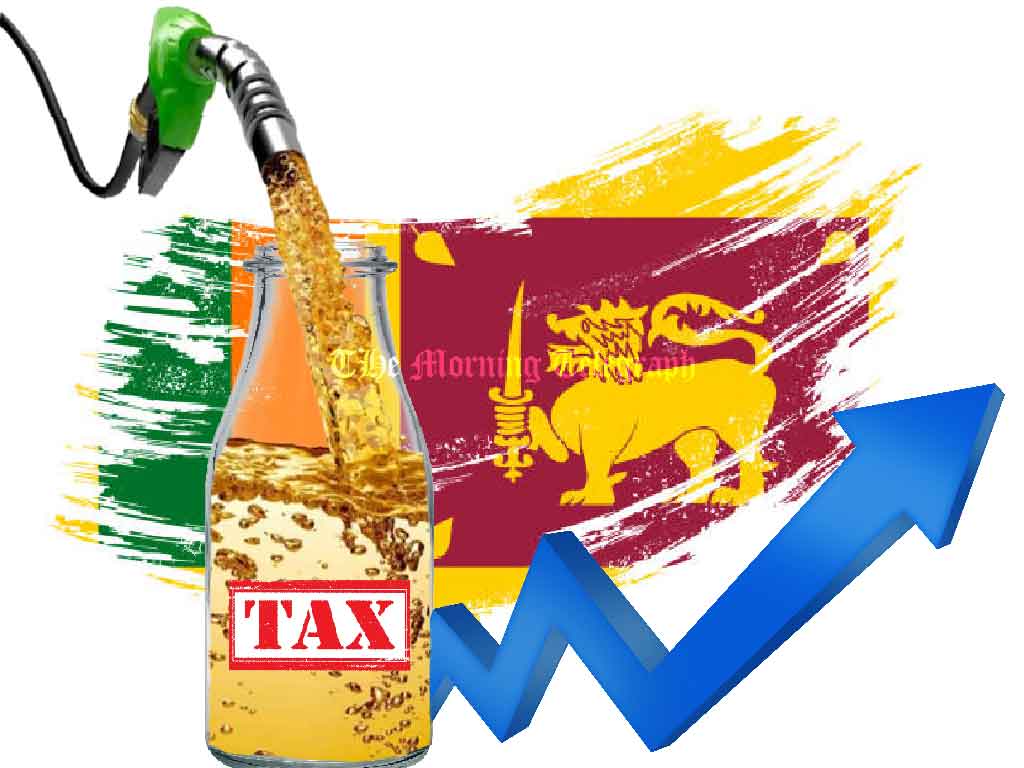
Sri Lanka has seen a remarkable increase in revenue from excise duty on petroleum, with a 137.4% rise to 139.3 billion rupees in the first eight months of 2024, compared to 58.7 billion rupees in the same period of 2023. This sharp increase can be attributed to several factors, including economic growth, higher fuel demand, and adjustments in fuel taxation policy.
The revenue boost began early in the year, coinciding with increased fuel consumption driven by a recovery in economic activity. The demand for fuel surged in the first quarter of 2024 as the country experienced economic growth, which translated to a higher need for transportation and industrial fuel usage. The revenue from excise duty on petroleum for the first eight months of 2024 exceeded last year’s figures by a significant 80.6 billion rupees.
One of the key drivers of this increase in revenue was the excise duty hike implemented on June 1, 2023. An excise duty of 25 rupees per liter of fuel was imposed, which contributed directly to the rise in fuel prices and, subsequently, the tax revenue. However, in January 2024, the government made a strategic move by reducing the excise duty on fuel to stimulate demand further. The excise duty on diesel was reduced by 6 rupees per liter, and on petrol by 5 rupees per liter, leading to a rise in fuel consumption.
The excise duty increases, combined with the government’s decision to remove the fuel quota system, have played a significant role in boosting fuel imports. The removal of quotas meant that more fuel could be imported, further driving up the volume of fuel consumption and, consequently, the excise duty revenue. These policy changes, along with the overall economic recovery, have contributed to a substantial rise in Sri Lanka’s fuel tax revenue.
The total increase in excise duty revenue of 80.6 billion rupees is seen as a positive indicator of both the government’s fiscal health and the economic recovery underway. However, the surge in fuel prices and higher taxes may have mixed effects on consumers, even as the government sees improved revenue figures. Despite this, the overall increase in excise duty collections has been essential in addressing budgetary shortfalls and stabilizing the economy.




